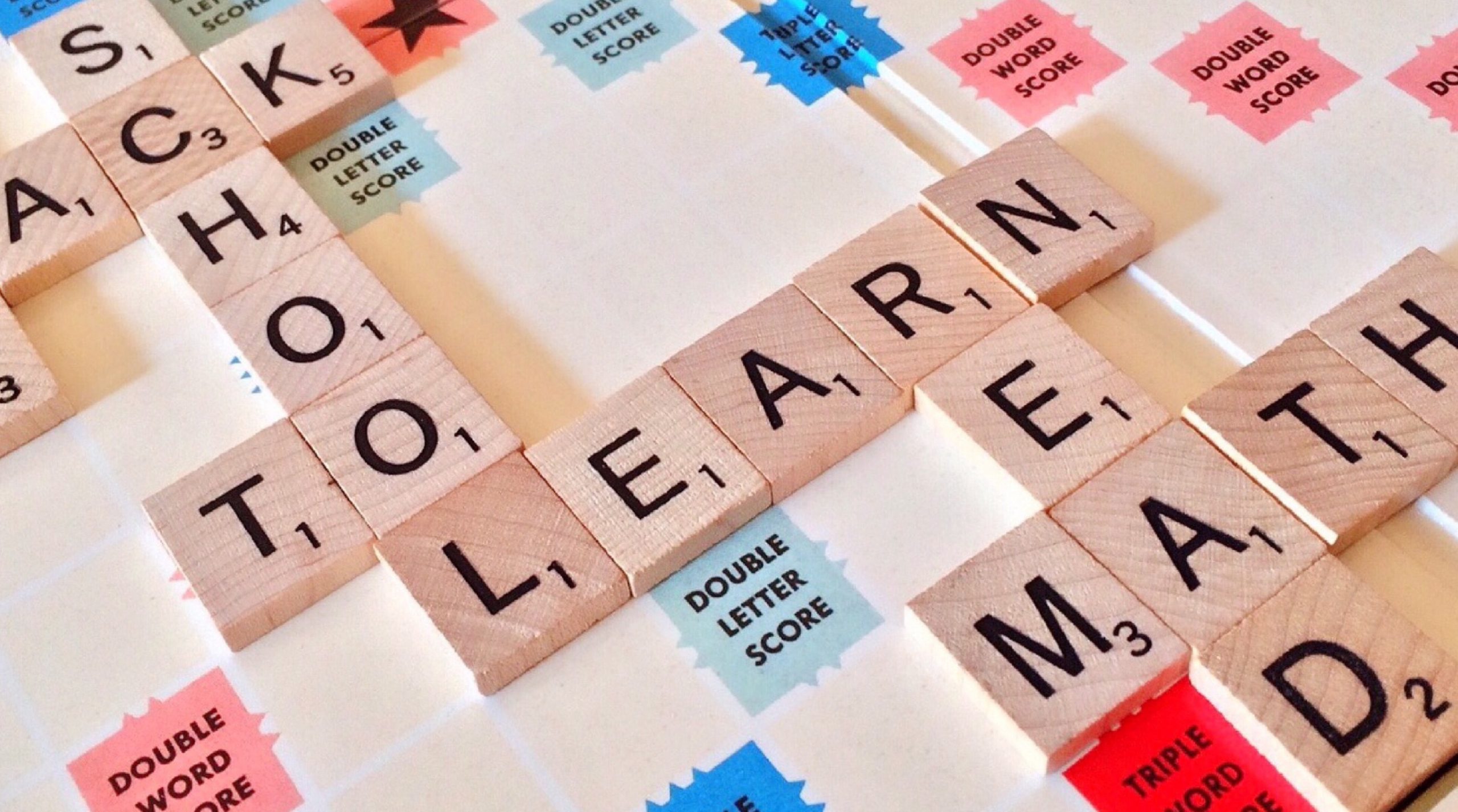Prepositions of time are words that show the relationship between a noun or pronoun and a specific time or duration. Here are some common prepositions of time:
- At: used to indicate a specific time
- I will meet you at 5 pm.
- I have an appointment at 3 pm.
- She always wakes up at 6 am.
- He has been studying for three hours.
- She has been living in London for five years.
- In: used to indicate a duration of time or a general time frame
- I will finish this project in a week.
- I will graduate from university in two years.
- They are going to Japan in May.
- He has been studying for three hours.
- She has been living in London for five years.
- On: used to indicate a specific day or date
- The party is on Friday.
- The conference is on Tuesday.
- We usually have a family gathering on Christmas Day.
- He has been studying for three hours.
- She has been living in London for five years.
- During: used to indicate a period of time when something is happening
- During the concert, everyone was dancing.
- During the summer, I like to go to the beach.
- The music was very loud during the concert.
- He has been studying for three hours.
- She has been living in London for five years.
- For: used to indicate the length of time something will last
- I will be on vacation for two weeks.
- He has been studying for three hours.
- She has been living in London for five years.
- He has been studying for three hours.
- She has been living in London for five years.
- Since: used to indicate the starting point of a specific time frame
- I have been waiting for you since 9 am.
- He has been studying for three hours.
- She has been living in London for five years.
- He has been studying for three hours.
- She has been living in London for five years.
- Until/till: used to indicate the end of a specific time frame
- You can stay here until/till the end of the day.
- He has been studying for three hours.
- She has been living in London for five years.
- He has been studying for three hours.
- She has been living in London for five years.
- By: used to indicate a deadline or a specific time when something will happen
- Please submit your report by Friday.
- He has been studying for three hours.
- She has been living in London for five years.
- He has been studying for three hours.
- She has been living in London for five years.
Complete the following sentences with the correct preposition of time:
- The party starts ________ 8 PM.
- She has been studying English ________ two years.
- We are going to the beach ________ the weekend.
- The concert ended ________ midnight.
- I haven’t seen her ________ a long time.
- The dog is sleeping ________ the rug.
- The hotel is located ________ the city center.
- The book is ________ the shelf.
- She lives ________ a small village.
- The store is ________ the corner of the street.
IELTS Speaking questions and answers using prepositions of time:
At:
Q: What time do you usually have breakfast?
A: I usually have breakfast at around 7 am.
Q: What did you do last Saturday at 9 pm?
A: Last Saturday at 9 pm, I was watching a movie with my friends.
In:
Q: When is your next holiday?
A: My next holiday is in two months. I’m planning to visit my family in my hometown.
Q: How long have you been living in your current apartment?
A: I have been living in my current apartment for six months.
On:
Q: What do you usually do on weekends?
A: On weekends, I like to go hiking or spend time with my friends.
Q: What did you do on your last birthday?
A: On my last birthday, I went out for dinner with my family.
During:
Q: What do you usually do during your lunch break?
A: During my lunch break, I like to go for a walk or read a book.
Q: What did you do during your last vacation?
A: During my last vacation, I traveled to Japan and visited some famous landmarks.
For:
Q: How long have you been studying English?
A: I have been studying English for three years.
Q: How long did it take you to finish your last project?
A: It took me two weeks to finish my last project.
Since:
Q: Since when have you been interested in photography?
A: I have been interested in photography since I was in high school.
Q: Since when have you been living in your current city?
A: I have been living in my current city since I started university.
Until/till:
Q: How long is the museum open until/till on weekends?
A: The museum is open until/till 8 pm on weekends.
Q: How long do you usually work until/till in the evening?
A: I usually work until/till 6 pm in the evening.
By:
Q: When do you need to finish your assignment by?
A: I need to finish my assignment by next Monday.
Q: When are you planning to buy a new car by?
A: I’m planning to buy a new car by the end of this year.
Speaking cue card with prepositions of time
Describe a period of time in your life that you found particularly challenging.
- When was this period of time?
- What made it challenging?
- How did you overcome the challenges?
- What did you learn from this experience?.
I’d like to talk about a period of time in my life that was particularly challenging – my first year of university. I started university in a new city and didn’t know anyone, which made the transition difficult.
I found the workload and expectations of the university to be very different from what I was used to in high school. I struggled to keep up with the coursework and felt overwhelmed by the pressure to succeed.
To overcome these challenges, I made an effort to get involved in campus activities and meet new people. I joined a few clubs and attended social events, which helped me feel more connected to the university community. I also sought help from my professors and peers when I needed it.
Through this experience, I learned the importance of seeking support and being proactive in managing my mental health. I also developed a sense of resilience and self-reliance, which have helped me overcome other challenges in my life.
Overall, although my first year of university was challenging, it ultimately taught me valuable lessons that have helped me grow as a person.
Here are some vocabulary words used in the sample response:
- Transition: the process or a period of changing from one state or condition to another
- Workload: the amount of work that a person or organization has to do
- Overwhelmed: feeling very strongly or completely unable to deal with something
- Pressure: the stress or demands placed on someone to do something
- Succeed: to accomplish a goal or achieve something
- Effort: a deliberate attempt to do something
- Clubs: organized groups of people who come together to pursue a common interest
- Connected: feeling part of a group or community
- Proactive: taking action before something needs to be done, rather than waiting to react after it has happened
- Managing: to take responsibility for and direct or guide something
- Mental health: the condition of a person’s mind, emotions, and ability to cope with everyday life
- Resilience: the ability to recover quickly from difficult conditions
- Self-reliance: the ability to rely on one’s own abilities, rather than depending on others.
Check Your Answers After Doing Test
Answers
-
- at
- for
- for/during
- at
- in
- on
- in
- on
- in
- on/at (both are acceptable)
Study Abroad







Grammar for IELTS: Articles: “A,” “an,” and “the”
Articles: "A," "an," and "the" are articles in English grammar. "A" and "an" are indefinite articles used to refer to a non-specific noun or thing. "A" is used before a word that starts with a consonant sound, and "an" is used before a word that starts with a...

Grammar for IELTS: Relative, Restrictive, and Non-restrictive Clauses
Relative, Restrictive, and Non-restrictive Clauses A relative clause is a type of subordinate clause that modifies or describes a noun or pronoun in the main clause. It usually begins with a relative pronoun, such as "who," "whom," "whose," "which," or "that." There...

Verb Patterns – verb + -ing, verb + to infinitive, verb + object + to infinitive
verb + -ing The "-ing" form of a verb is called the present participle. It is formed by adding "-ing" to the base form of the verb. The present participle can be used in several ways in English: Continuous verb tenses: The present participle is used to form continuous...








